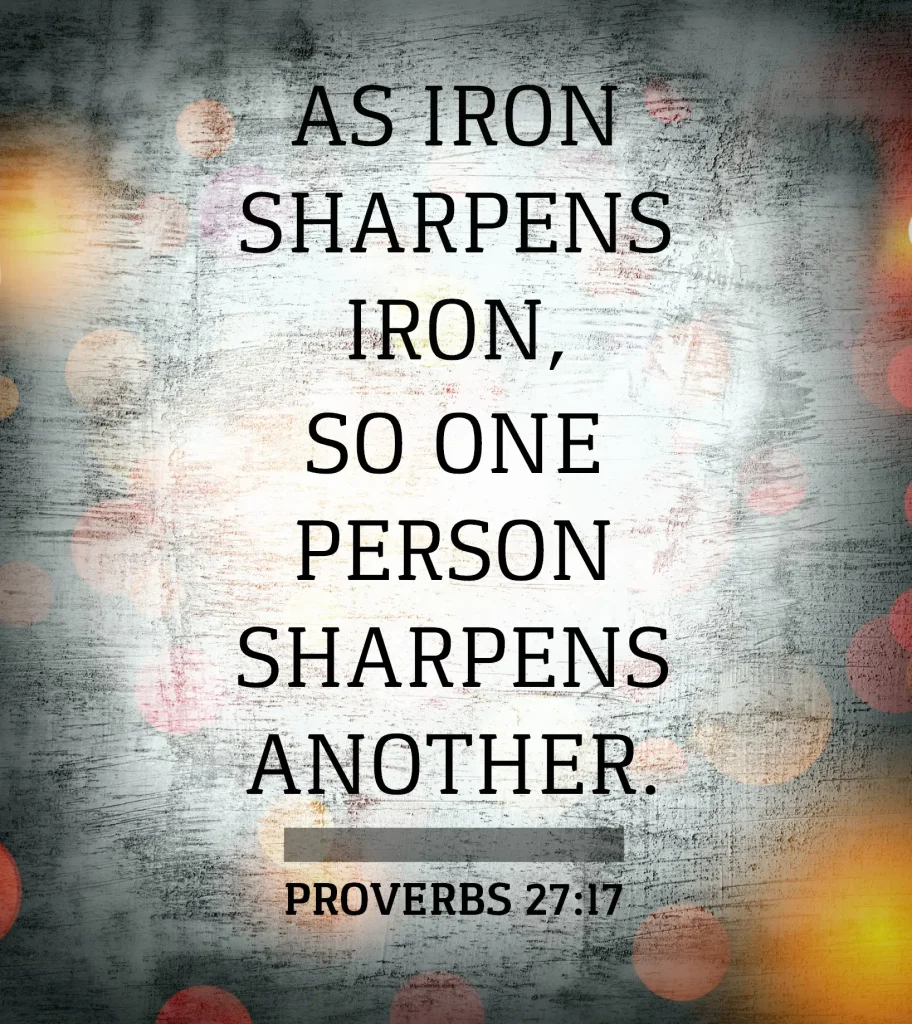Cutting Ties Over Differences Defies God’s Design

In a world increasingly marked by division, it’s no surprise that advice encouraging isolation has taken root in our culture. Recently, on MSNBC, a Yale psychiatrist suggested that people should sever ties with family members who voted differently. The idea is that if someone’s political beliefs don’t align with your own, they are no longer deserving of your relationship. This advice isn’t just fringe rhetoric; it’s being broadcast to the masses as a valid solution for dealing with disagreement. While it may appeal to those weary of conflict, it’s profoundly at odds with God’s design for how we are to treat one another.
Family, as established by God, is meant to be a place of love, support, and reconciliation. While disagreements are inevitable, they were never intended to result in broken bonds. Yet here we are, in a time when the solution to relational struggles is often to cut people off completely. The world offers isolation as a remedy, but this quick fix comes with deep consequences. Proverbs 27:17 reminds us, “As iron sharpens iron, so one person sharpens another.” Relationships refine us and help us grow. When we sever ties, we not only lose those opportunities for growth but also disobey God’s call to love and unity.
Jesus modeled a radically different approach to relationships. He didn’t shun people who disagreed with Him. He didn’t walk away from those who doubted or even betrayed Him. Instead, He pursued them with love, offering grace where it wasn’t deserved and forgiveness where it wasn’t earned. In John 13:34-35, He gave us this command: “A new command I give you: Love one another. As I have loved you, so you must love one another. By this everyone will know that you are my disciples, if you love one another.” His love wasn’t conditional on agreement; it was rooted in the Father’s unconditional love for all people.
The psychiatrist’s advice to sever ties also reveals a misunderstanding of what true community looks like. Community isn’t built on uniformity; it’s built on commitment. It’s built on the willingness to walk through disagreements, misunderstandings, and hurt with a determination to honor God above all else. Romans 12:18 challenges us, “If it is possible, as far as it depends on you, live at peace with everyone.” The peace that God calls us to is not passive or surface-level—it requires humility, intentionality, and a deep reliance on His Spirit.
When we face relational tension, it’s tempting to lean on worldly advice for solutions. But as believers, our ultimate guidance counselor is Jesus. Isaiah 9:6 calls Him our “Wonderful Counselor.” He offers wisdom that surpasses any human understanding and invites us to follow His example. Jesus didn’t promise that relationships would be easy, but He promised to equip us with everything we need to navigate them with love and grace.
Think about the people in your life who may not share your beliefs or values. What would happen if, instead of cutting them off, you prayed for them? What if, instead of turning away, you leaned in with love and understanding? Jesus reminds us in Matthew 5:9, “Blessed are the peacemakers, for they will be called children of God.” This is our calling—to be agents of reconciliation in a world that thrives on division.
Isolation may feel like a solution, but it robs us of the richness of relationships and the opportunity to demonstrate Christ’s love. Scripture warns against the dangers of following the world’s wisdom. Proverbs 14:12 says, “There is a way that appears to be right, but in the end it leads to death.” Severing ties may seem right in the moment, but it leads to bitterness, loneliness, and brokenness. God’s way, on the other hand, brings life, restoration, and peace.
As you reflect on these cultural messages, consider the example of Jesus. He didn’t retreat from difficult conversations or turn His back on those who challenged Him. He leaned in, offering truth with compassion. When we choose to stay connected despite our differences, we reflect the heart of God, who never gives up on us, even when we fail Him.
This cultural moment is a reminder that worldly wisdom often leads us away from God’s truth. Instead of following advice that divides, let’s follow the example of Jesus, who unites. Pray for those you disagree with, engage with grace, and lean on Jesus as your ultimate guidance counselor. In doing so, you’ll not only strengthen your relationships—you’ll show the world the transformative power of the gospel.

